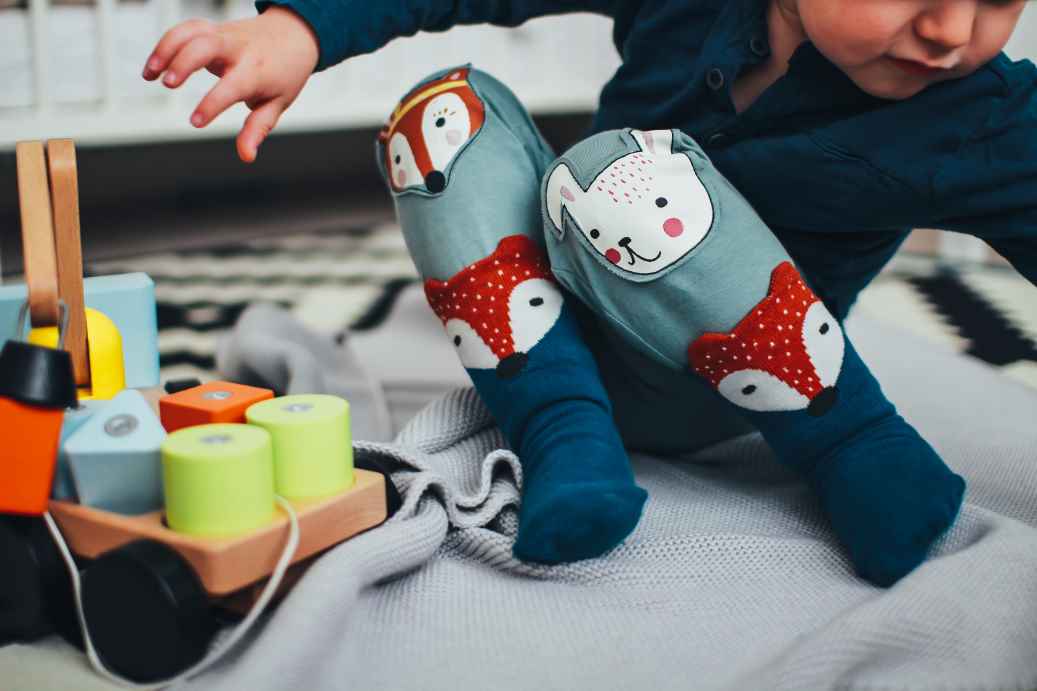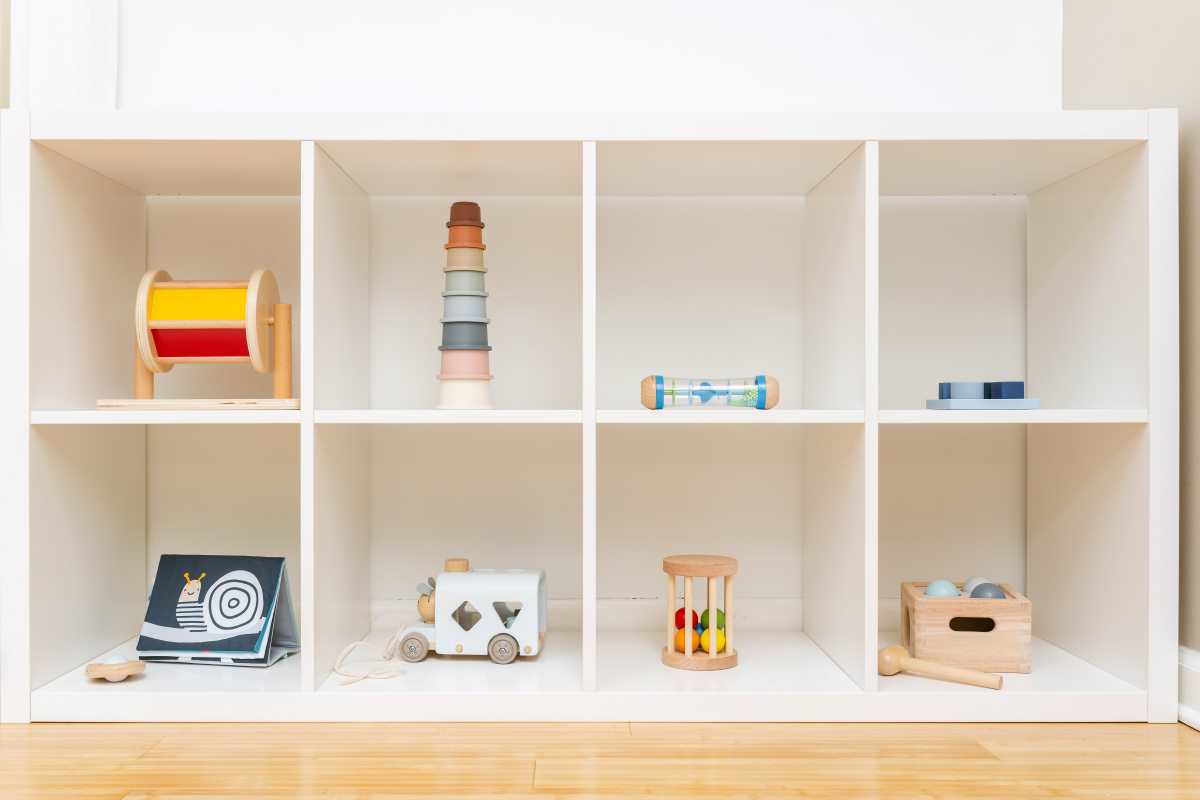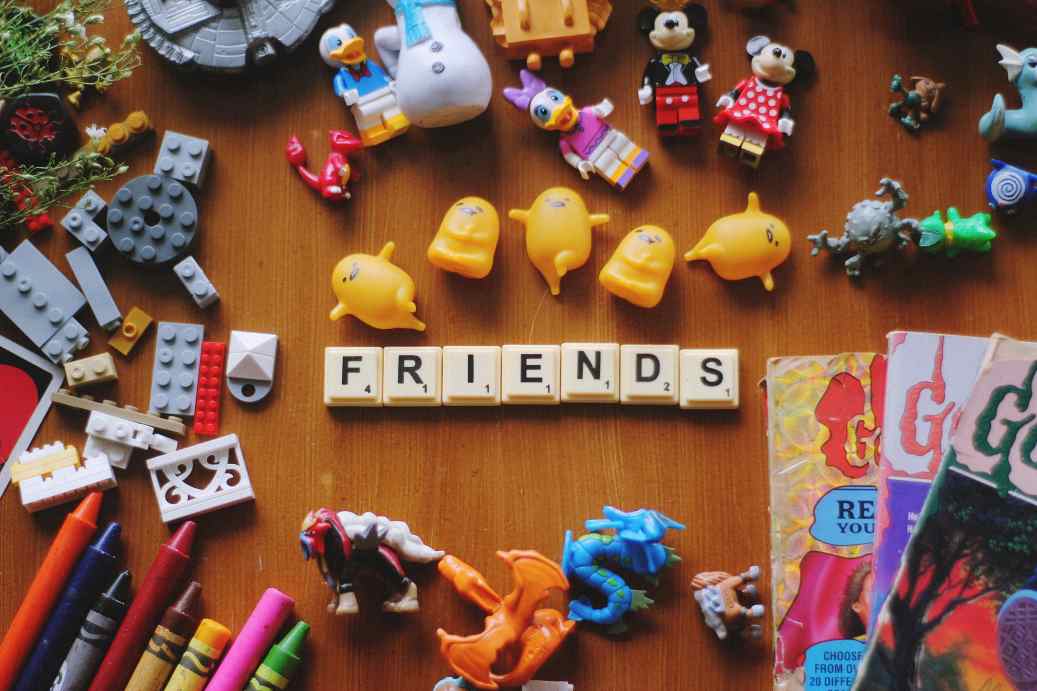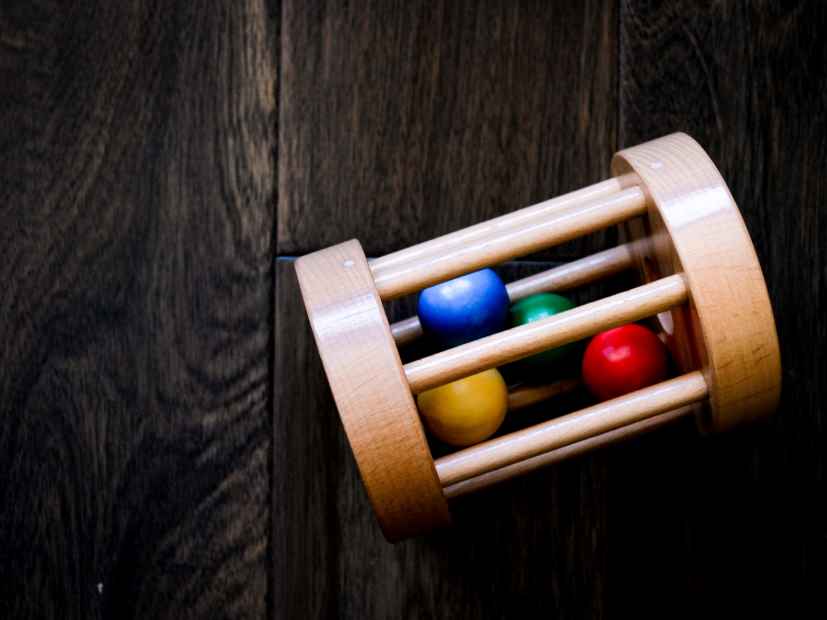Montessori education
Montessori for Gifted Children: A Guide to Unlocking Their Potential
Table of Contents
Introduction
According to this guide on Montessori education, Montessori is a child-centered approach focused on nurturing children’s natural curiosity and developing independence. This comparison of Montessori and traditional education explains that gifted children have distinctive learning needs and strengths that require specialized support and enrichment. This article explores how Montessori principles and practices can enable gifted young learners to thrive and reach their full potential.
Gifted children are those who exhibit exceptional intellectual ability, creativity, artistic talent, leadership skills, or academic prowess compared to their peers. Although definitions vary, giftedness is generally identified by high IQ scores, rapid learning ability, advanced critical thinking and problem-solving skills, intense focus and passion for interests, and vivid imagination and creativity.
Montessori education emphasizes self-directed, hands-on learning tailored to each child’s interests and developmental readiness. This approach can be highly beneficial for gifted kids by providing the flexibility and stimulation their agile young minds need.
Understanding Montessori Education
The Montessori Method was developed over 100 years ago by Dr. Maria Montessori. It is based on the principle that children are driven by an innate curiosity and desire to learn.
Key aspects of Montessori education include student-driven learning where children choose activities that interest them and work at their own pace, multi-age classrooms where age groups span 3 years allowing older kids to teach younger ones, hands-on materials like the Pink Tower and sandpaper letters that stimulate multiple senses, and minimal teacher intervention where teachers guide rather than direct and children learn independently and from peers.
Rather than rote memorization, the focus is on fostering creativity, problem-solving, and exploration. This self-directed learning allows children to flourish based on their unique skills and developmental needs.
Identifying Gifted Children
Giftedness encompasses a wide range of strengths and interests. Common characteristics of gifted children include early mastery of language and reading skills, insatiable curiosity, advanced comprehension and vocabulary, quick-paced learning style, perfectionism, vivid imagination, keen observational skills, and heightened sensitivity.
Methods to identify giftedness include IQ and aptitude tests where children score in top percentiles, academic screening to assess subject mastery, gifted rating scales completed by teachers and parents, and portfolio assessments featuring collections of children’s work.
The most comprehensive approach utilizes both objective testing and subjective evaluation. Recognizing giftedness early, as outlined in this Montessori guide, ensures children receive appropriate learning opportunities while they are developmentally primed to excel. Montessori’s mixed age classrooms enable teachers to readily identify and nurture gifted potential.

Benefits of Montessori for Gifted Children
Montessori learning environments are well-suited for gifted children due to the individualized approach where kids follow their interests at their own pace, hands-on materials that engage and challenge active minds, multi-age classrooms that enable advancement at each child’s level, focus on big ideas that explore universal concepts and themes, and creative freedom through self-expression in art, writing, and design.
Additional benefits highlighted in this article on Montessori benefits include fostering problem-solving and critical thinking skills, providing leadership opportunities by mentoring younger peers, promoting self-motivation and discipline, encouraging intellectual exploration and curiosity, and teaching real-life skills like collaboration and conflict resolution.
Overall, Montessori nurtures gifted children’s strengths while supporting well-rounded development.
Montessori vs. Traditional Gifted Programs
Montessori takes a different approach from many traditional gifted programs:
| Montessori | Traditional Gifted Programs |
|---|---|
| Multi-age classrooms | Same-age classrooms |
| Self-directed learning | Teacher-driven lessons |
| Mixed ability grouping | Homogeneous grouping by ability |
| Hands-on materials | Textbooks, worksheets |
| Individual and peer mentoring | Whole-class instruction |
Studies suggest Montessori provides comparable or superior outcomes for gifted kids. A 2006 study found gifted 5-year-olds made greater gains in Montessori on math, literacy, social problem-solving, and social development. Other research reveals Montessori gifted students exceed average performance on standardized tests. Montessori is also linked to improved motivation and school enjoyment by gifted children.

Montessori Curriculum for Gifted Learners
The Montessori curriculum spans 5 areas: practical life, sensorial, language, mathematics, and cultural studies. Lessons can be adapted in several ways to challenge advanced learners, like using advanced materials and introducing complex concepts earlier, encouraging in-depth exploration of topics, providing supplemental enrichment activities, allowing gifted kids to mentor less advanced classmates, and permitting accelerated progression through the curriculum as able.
Examples of adapted Montessori activities include advanced practical life skills like sewing, cooking complex recipes, woodworking, advanced sensorial materials like mystery sound boxes, advanced language skills like authoring books, advanced math like algebraic equations, and advanced cultural lessons like designing experiments and researching specialized topics.
Montessori Teachers for Gifted Children
As explained in this guide to Montessori teachers, Montessori educators undergo extensive training in child development and the Montessori Method. Key roles in educating gifted learners include careful observation to understand each child’s needs, preparing the environment with suitable materials and lessons, individualized instruction through one-on-one guidance, supporting peer interactions to facilitate learning between children, and fostering independence by empowering kids to direct their learning.
Montessori teachers work to nurture self-confidence and a lifelong love of exploration in gifted youngsters.
Montessori at Home for Gifted Kids
This comprehensive guide to Montessori at home explains how parents can incorporate Montessori practices like rotating toys, displaying child artwork, establishing organized shelves, allowing free choice and movement, taking children outdoors frequently, encouraging independence in self-care, providing creative outlets, limiting screen time, and promoting hands-on activities.
Montessori materials like puzzles, sensorial toys, and practical life activities stimulate gifted children’s agile young minds. Online courses, communities and books help parents implement Montessori-inspired learning at home.
Conclusion
Montessori provides an invaluable child-centered education that allows gifted young learners to thrive. With responsive educators, integrated enrichment, and commitment from parents, Montessori enables advanced kids to flourish at their own pace and reach their full potential.

FAQs
What is Montessori education?
Montessori is a child-centered educational approach focused on fostering self-directed learning, independence, and creativity. Students choose activities that interest them and work at their own pace with guidance from teachers. Multi-age classrooms allow peer mentoring opportunities.
How does Montessori benefit gifted children?
The individualized approach caters to gifted students’ needs for advanced learning and enrichment. Hands-on materials, creative freedom, mixed age grouping, and focus on critical thinking skills help gifted kids thrive.
Are there specific Montessori programs for gifted kids?
While not exclusive to gifted children, Montessori schools can adapt their materials and curriculum to challenge advanced learners. Some may offer specific gifted programming.
What age group is suitable for Montessori for gifted children?
Montessori can benefit gifted kids from preschool through middle school. The multi-age classrooms allow students to progress at their level and pace.
How does Montessori differ from traditional gifted programs?
Montessori emphasizes student-driven exploration over teacher-led instruction. Gifted Montessori students often exceed peers in traditional gifted settings on assessments.
Can gifted children receive individualized attention in Montessori schools?
Yes, trained Montessori teachers provide one-on-one guidance tailored to each gifted child’s needs and interests. Small class sizes also facilitate personalized instruction.
What are the key principles of Montessori education?
Child-directed learning, hands-on materials, multi-age classrooms, cultivating independence, minimal teacher intervention, and fostering intrinsic motivation are core Montessori tenets.
Are there any case studies on the success of Montessori for gifted kids?
Studies show Montessori gifted students make greater academic gains than those in traditional settings. Famous gifted alumni praise Montessori for nurturing their potential.
Do Montessori schools offer advanced curriculum options?
The Montessori curriculum can be adapted with supplemental enrichment, accelerated pacing, and more complex lessons to engage gifted young minds.
What qualifications should Montessori teachers have for gifted children?
Montessori educators undergo specialized training. For gifted students, additional training in enrichment strategies, subject acceleration, and nurturing exceptional abilities is ideal.
Are there any financial assistance options for Montessori programs?
Some Montessori schools offer discounted tuition, payment plans, and scholarships or grants for qualifying families in need of financial aid.
How can parents support Montessori education at home for gifted kids?
Incorporate Montessori techniques like child-led learning, sensory activities, hands-on materials, and focus on developmental needs tailored to the child’s interests and abilities.
What is the role of peer interaction in Montessori for gifted children?
Collaborating with classmates of different ages and abilities nurtures leadership, communication, and socio-emotional skills in gifted children.
Are there any drawbacks or challenges to Montessori education for gifted children?
Finding well-trained teachers, securing funding, and maintaining enriched curriculum can be challenges, but proper implementation addresses these potential issues.
References
Montessori Education Guide: Benefits, Schools and More
Montessori vs Traditional Education: Making the Right Choice
Montessori Curriculum: A Path to Exceptional Education
Montessori Materials: Expert Tips, DIY Ideas and More
Unlocking Excellence: Montessori Teachers and Education Explained
Unveiling Montessori Principles: Unlocking a World of Learning
Montessori at Home: A Comprehensive Guide to Child-Led Learning
6 Montessori Benefits: Empowering Education for Lifelong Success
Montessori for Toddlers: A Path to Holistic Learning
https://www.psychologytoday.com/us/blog/going-beyond-intelligence/201701/montessori-good-school-choice-smart-kids
https://www.thehms.org/apps/news/show_news.jsp?REC_ID=609520&id=0
https://www.reddit.com/r/Montessori/comments/zmhqur/does_accredited_montessori_offer_explicit_support/
https://montessorischoolofwestminster.org/montessori-school-serves-gifted-children/
https://blog.fms.org/will-my-gifted-child-be-challenged-in-the-montessori-classroom
https://lifetimemontessorischool.com/montessori-school-good-gifted-child

